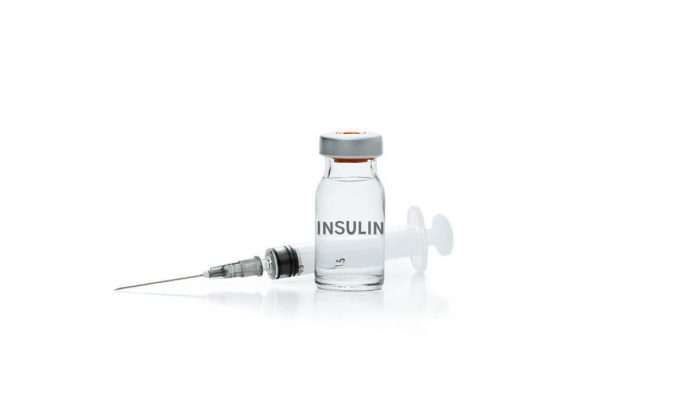NexImmune, Inc., Yale and JDRF have begun a two-year project to explore the use of NexImmune’s AIM nanoparticles in combination with an anti-CD3 mAb to tolerize, deplete or modulate diabetes antigen-specific T cells.
The $600,000 grant, funded by JDRF to Yale, is a part of its Cures research portfolio, which includes therapies for the prevention of type 1 diabetes (T1D)
Dr. Jack Ragheb, Senior Vice President of Translational Sciences and Medicine at NexImmune, said:
We are pleased to partner with visionary institutions such as JDRF and Yale to investigate our technology in combination with a murine surrogate of teplizumab, a T cell-specific mAb candidate. NexImmune’s technology has the potential to modulate autoimmune diseases through the presentation of disease-specific antigens that send a signal to tolerize or kill autoantigen specific self-reactive CD8+ T cells. Together with teplizumab, we believe this combination has the potential to delay or prevent T1D.
Deputy Director of Yale Center for Clinical Investigation, Co-Director of the Yale Diabetes Center, and C.N.H. Long Professor of Immunobiology and of Medicine (Endocrinology) at Yale School of Medicine, Dr. Kevan Herold, stated:
Combining teplizumab with a technology that can directly target autoreactive T cells that are known to be a mediator of pancreatic beta cell destruction can potentially be a transformative therapy for patients suffering with autoimmune diabetes. We are excited to work with NexImmune and JDRF to find a way to improve treatments for this life-long and difficult to control disease.
The JDRF award will fund efforts to investigate the use of NexImmune’s AIM nanoparticles in combination with a murine surrogate of teplizumab. Clinically, teplizumab can modulate the pathogenic immune response acutely and will be combined with NexImmune’s therapy, which can target antigen-specific T cells and potentially maintain their non-responsiveness. The investigation will test this hypothesis in a preclinical model by combining anti-CD3 mAb treatment with T1D antigen-specific nanoparticles to modulate residual diabetogenic T cells.
Joshua Vieth, JDRF Director, Research, said:
The identification of combination therapies for T1D is a critical piece of the JDRF strategy for accelerating the advancement of cures. Dr. Herold’s work builds on decades of support by JDRF for the development of teplizumab, and we’re thrilled to continue that partnership and fund this exciting new study aiming to enhance and prolong efficacy by combining teplizumab with NexImmune’s AIM nanoparticle technology.

